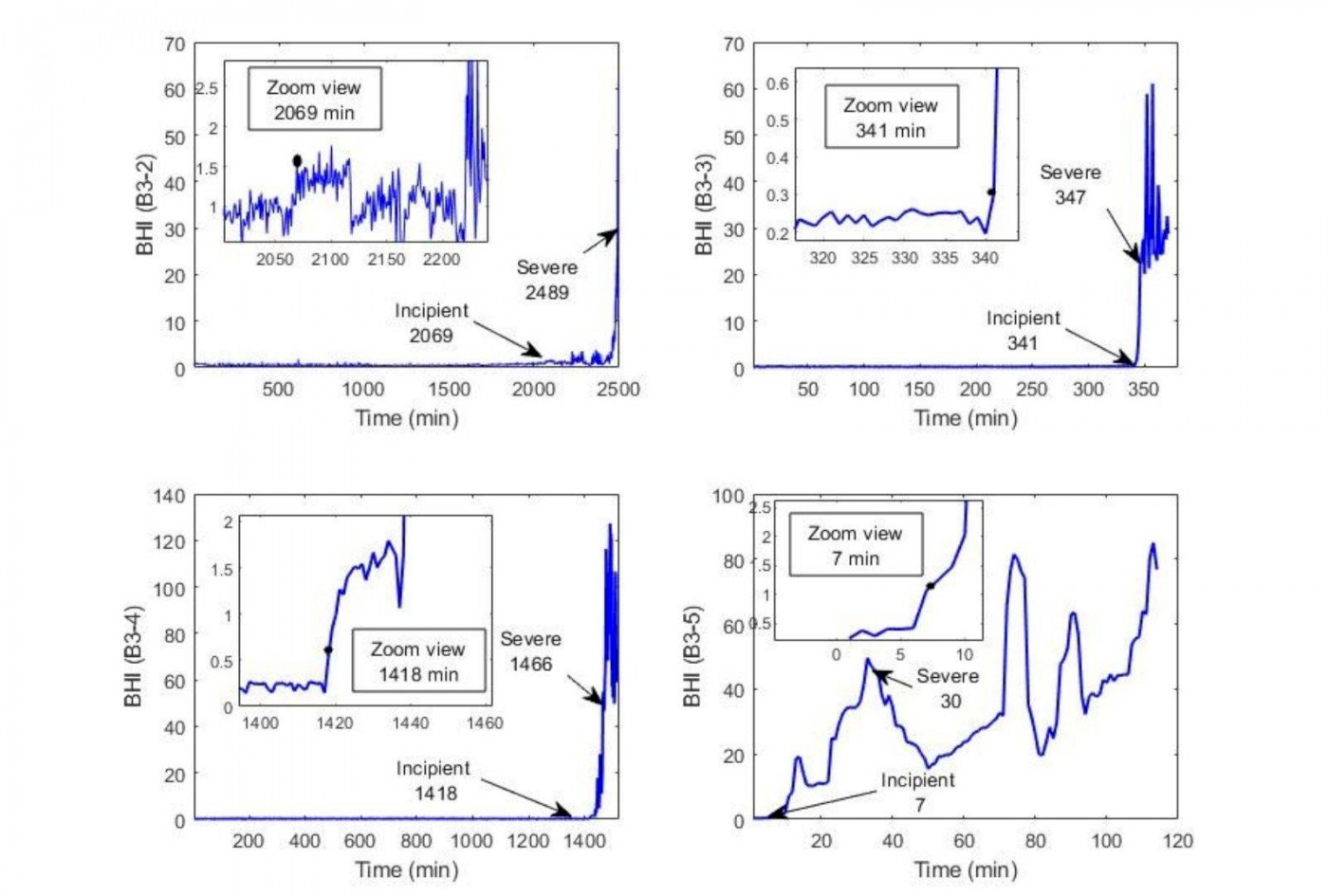1 September 2022
Sparse Autoencoder AI to Detect Early Stage Faults in Machinery

A joint paper titled, ‘An intelligent fault diagnosis framework based on piecewise aggregate approximation, statistical moments, and sparse autoencoder’ by mechanical engineering students and Akhand Rai, Assistant Professor, School of Engineering and Science, has been published in the Proceedings of the Institution of Mechanical Engineers, Part O: Journal of Risk and Reliability. Their approach is uniquely based on statistical moments and the sparse autoencoder algorithm to detect faults in the bearings of machines from its genesis till its progress in real time using artificial intelligence. Professor Rai worked with Akash Prasad, Chirag Dantreliya, Mayank Chande, Class of 2021, and Vedant Chauhan, Class of 2022, for the paper.
Diagnosing rolling element bearing faults and preventing rotating machine failures in the past, has been through time-domain based condition indicators such as root mean square (RMS), skewness and kurtosis. “However, these indicators are often insensitive to early stage faults, affected by outliers and possess poor degradation tracking characteristics. To overcome these shortcomings, our idea proposed a novel statistical feature extraction technique called the multiscale statistical moment (MSM) analysis, in combination with sparse autoencoder to detect the incipient faults as well as track the progression of wear,” says Professor Rai, whose research interests are primarily in the area of condition monitoring of rotating machinery.
The feature extraction method combined with the AI of the sparse autoencoder will be a comprehensive indicator of the faults. Embedding this system will ensure no sudden failures and no accidents. Besides, industries can save on huge economic losses as they will consequently not incur any downtime of machinery or maintenance and repair costs. Professor Rai adds, “The project will be used in industry for predictive maintenance purposes and further development is expected in future publications.”



